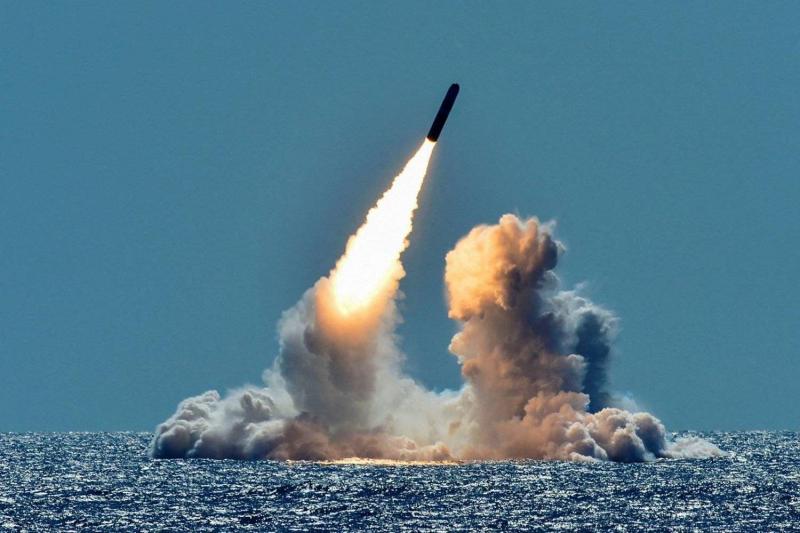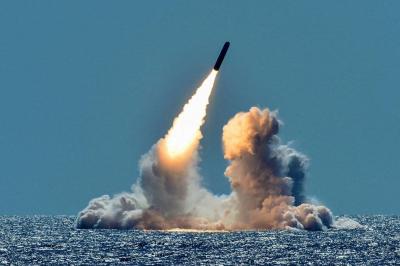Amid the controversy stirred by statements from some U.S. officials in recent days regarding a Russian nuclear weapon that Moscow is preparing to test or use in space, the White House has come forward to clarify the situation. John Kirby, spokesperson for the U.S. National Security Council, confirmed in a press conference yesterday that Russia is indeed working on developing anti-satellite capabilities in space. However, he clarified that these capabilities have not yet been deployed and added that U.S. President Joe Biden has requested direct diplomatic communication with Moscow on this matter. He did not address the nuclear component being developed.
So what is this weapon or its component? Moscow, for its part, has categorically rejected all the accusations, deeming them false. However, analysts have suggested that what the Russians are developing to target satellites in the future may likely be a device powered by nuclear energy, designed to block, jam, or burn the electronic devices within satellites instead of using explosive nuclear warheads to destroy them. They explained that these devices or weapons could threaten satellites with a range of damages, including undermining communications, surveillance, intelligence, and command and control worldwide, including in the nuclear domain. Furthermore, they noted that the United States lacks the capability to counter such a weapon, according to Reuters.
The topic of the Russian nuclear threat to satellites resurfaced after U.S. Representative Mike Turner, chairman of the House Intelligence Committee, issued an exceptional statement warning about this threat. Meanwhile, another Republican member of the House, Andy Ogles, called on House Speaker Mike Johnson to investigate the implications of Turner’s actions on both foreign and domestic policies, questioning whether he should remain chairman of the Intelligence Committee. National Security Advisor Jake Sullivan briefed congressional leaders, including Johnson and Turner, on the threat yesterday. Johnson later stated that the council leaders had been aware of the issue for "a few weeks."
The United States considers Russia and China to be its primary competitors in the nuclear and space domains, claiming that both are working on developing a range of new weapon systems, including nuclear, electronic, and space capabilities. It is worth noting that in the early years of the Cold War, following Russia's advancements in the space race and the development of intercontinental ballistic missiles by both sides, the West proposed a treaty to ban nuclear weapons in space. This culminated in the Outer Space Treaty of 1967, which prohibits the placement of any weapons of mass destruction in Earth's orbit or outer space. However, in recent years, disputes between Moscow and Washington have undermined the framework of arms control treaties aimed at reducing the risk of nuclear conflict between them.




